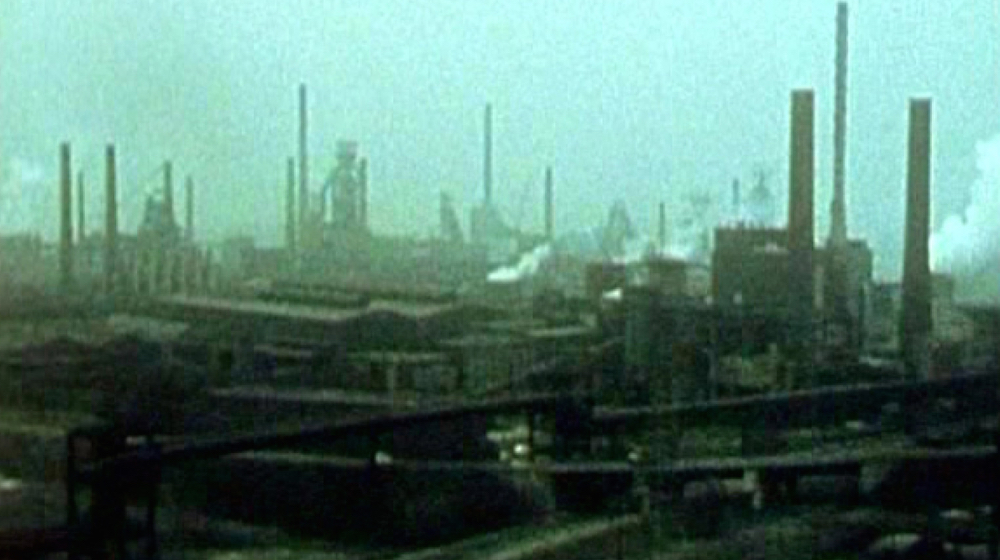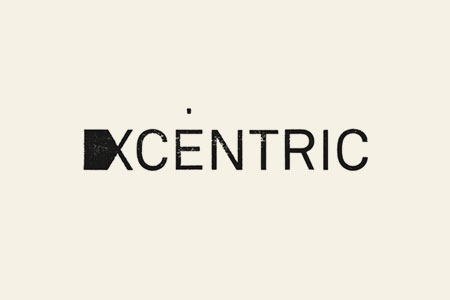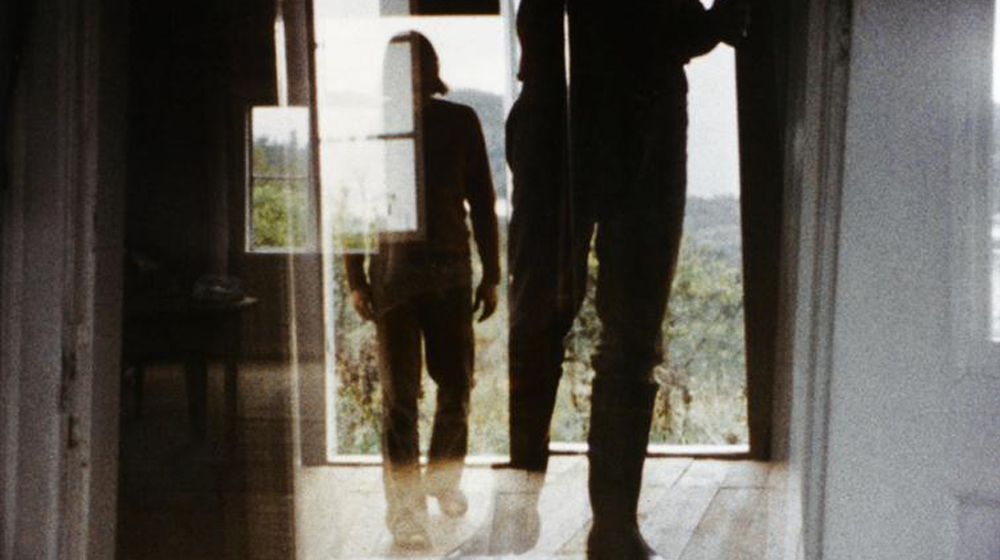6pm Lecture: Cinema and the experience of time
The early filmmakers set out to reproduce movement, but the developments in editing allowed them to also reproduce time—not as mere continuity, but also as rhythmic modulation. For Wyborny, then, film is one of the few ways we have of structuring time, and it is a central element in his works. What his images capture are not reality, but “visual impressions in time”, atmospheric qualities that last for an instant.
His talk will be accompanied by the screening of The Ideal (Ecstasy & Beauty) and Unreachable Homeless, along with excerpts from other of his films.
8pm Screening: Studies for the Decay of the West
For Wyborny, filming is a complex process of peeling back fine layers of reality. His Super 8 images, filmed in different parts of the world, appear and disappear intermittently and fleetingly. In Studies for the Decay of the West, a film inspired by Oswald Spengler’s philosophical work, The Decline of the West, the German filmmaker records industrial landscapes, iron structures, demolished buildings, wharves and canals in places such as the Ruhr, Athens, Cleveland and Kenya. Taking as his basis the sound recordings for a musical composition he wrote for piano and strings, Wyborny films, editing in camera, using chromatic filters, superpositions, fade-outs and repeated shots, always in synchrony with the notes and chords of his music. A rhythmic structure that allows him to create a flickering synesthetic tapestry of decline.
Studies for the Decay of the West, 2012, 80 min (+ Q&A)


